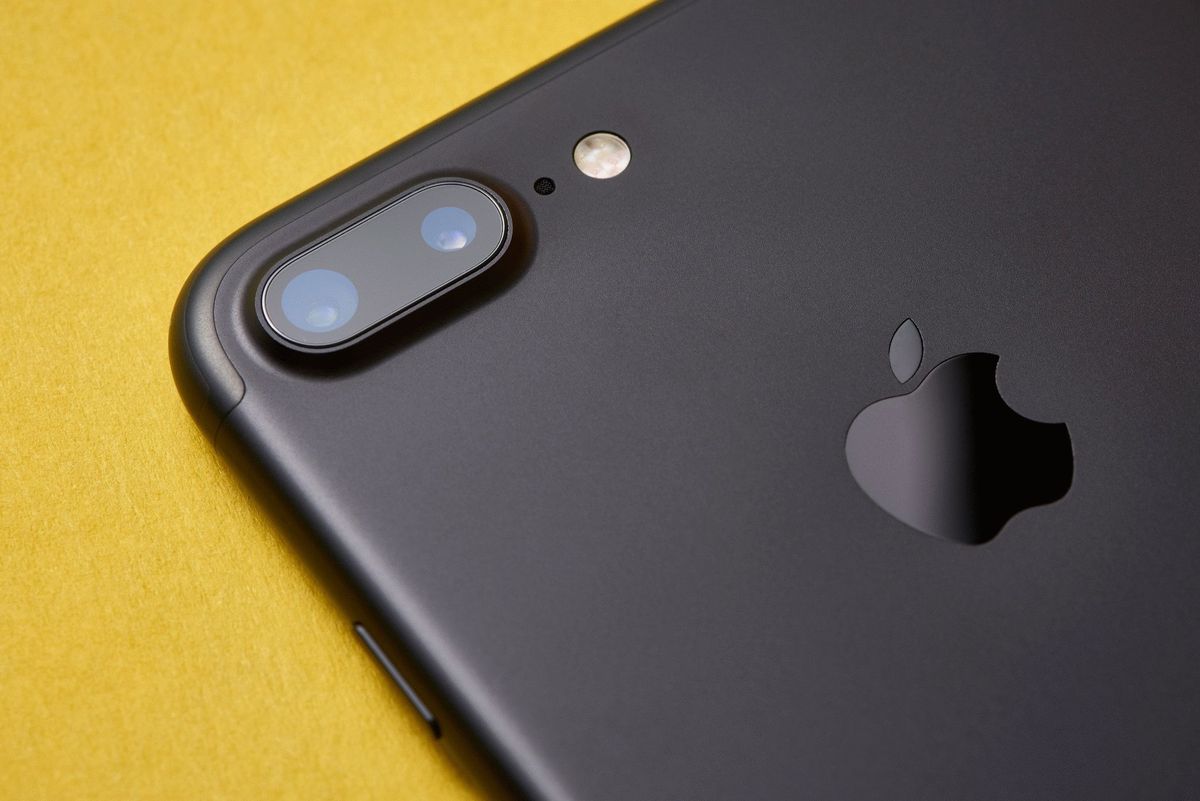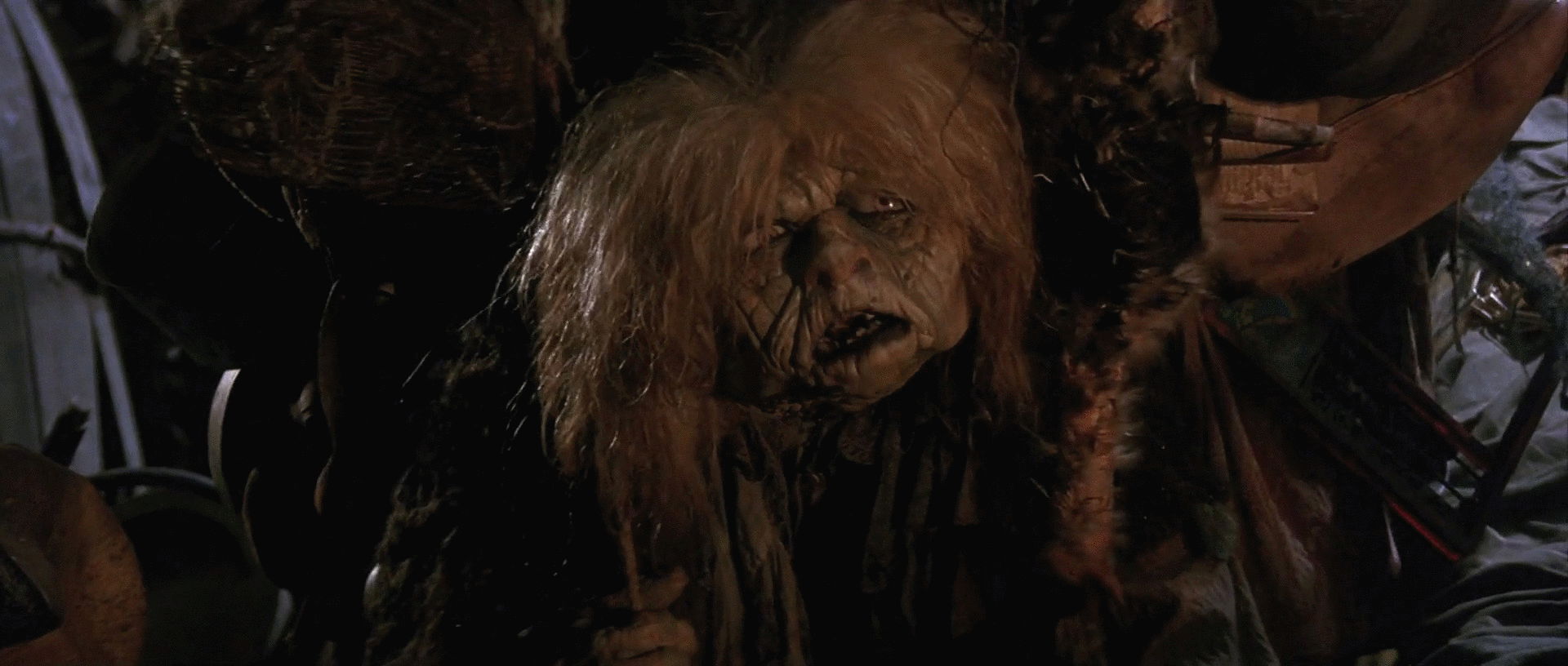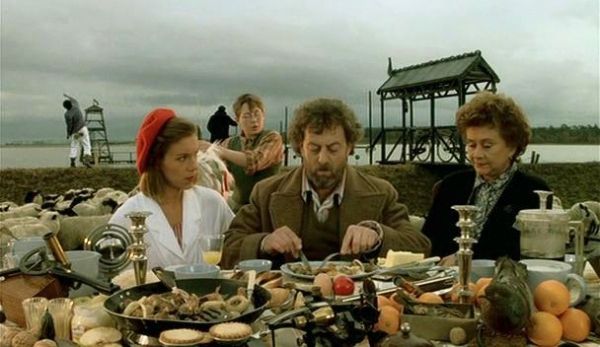Pay What Things Are Worth

The Daily Stoic for March 27th. “Pay What Things Are Worth”.
“Diogenes of Sinope said we sell things of great value for things of very little, and vice versa.”
—DIOGENES LAERTIUS, LIVES OF THE EMINENT PHILOSOPHERS, 6.2.35b
Some years ago, I found myself at a large queue in front of an Apple Store. I was there to buy the new iPhone. It was 6am.
I could say that the iPhone was essential for my job -I was working as a freelance iOS developer back then-, but that would be a lame excuse. I was in queue because I wanted the new iPhone.
There were exactly 236 people in front of me in the queue. We were all waiting in line to spend 1000 euros or more on a small gadget
While I was waiting there, I started to talk to the guy in front of me. He was unemployed. I asked him how could he afford the new iPhone, and he told me that he was going to borrow some money.
Actually, he had been doing that for some years now. He got every new iPhone as soon as Apple released it. I was actually quite shocked. I suddenly felt bad. Something was off. I had never imagined someone would request a loan for a phone.
That day, I decided that it was not only my first and last day at an iPhone’s queue. It will also be the last time I would pay that much money for something as ephemeral as a mobile phone.
The True Value Of Things
An iPhone X is 1200 €. Is it worth it? Maybe it is for you… maybe not. It would be easy for me to affirm yes or no categorically, but the answer is different for each one of us. I can confidently say that the answer is “depends, but probably not“.
However, perhaps you find real value in having the absolutely last and best iPhone. Perhaps your smartphone is your main business tool and you gladly pay that amount of money to have the best one. Most probably, you are just Ok with a cheaper smartphone.
When I started the decluttering project to get rid of my stuff and become a digital nomad, I did a little market experiment. I discovered that I could effectively affect the price of a product by using some simple techniques like rising the price, adding a good packaging or creating scarcity.
It’s important to be aware that we are subject to a continuous bombardment of ads trying to create needs and influence the value we assign to things. Next time you feel like buying something, ask yourself if you really need that product. Then, consider the real value that this item will add to your life, and the price you are willing to pay for it.

Pay What Things Are Worth
Curiously enough, Ryan Holiday is confusing here Diogenes Laertius, the one that wrote Lives and Opinions of Eminent Philosophers, with Diogenes the Cynic, the creator of the Cynic philosophy. It was this last Diogenes who gave name to the famous syndrome.
In fact, the Diogenes Syndrome is characterized, among other things, by a compulsive hoarding of things and, sometimes, animals. While you may be thinking of an old man surrounded by piles of garbage and a horde of cats… that’s just its most extreme manifestation. The last time I went to visit my parents, I discovered seventeen old PCs, five video sets and hundreds of old VHS movies they had not used for years in their basement.
During our lifetime, we accumulate lots of things. Some of them add a lot of value to our lives. Some others are just garbage.
That reminded me of that scene of “Labyrinth” where the junk lady tries to convince Jennifer Connelly that the important things in her life are a pile of belongings that are actually just rubbish.
When I analyzed which part of my belongings were really necessary for me, I found out that most of it was garbage.
What about you?
Conclusion
Today’s Daily Stoic, “Pay what things are worth”, discusses the value of things. We live in a consumer society where we are actively encouraged to buy stuff, consume stuff and accumulate stuff. Most of those things are not worth what we pay for it.
It’s important to know what we really need in life to be able to assign the right value to things. The value we will pay for them.




Comments ()